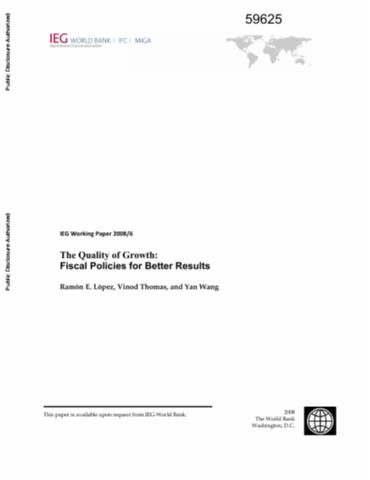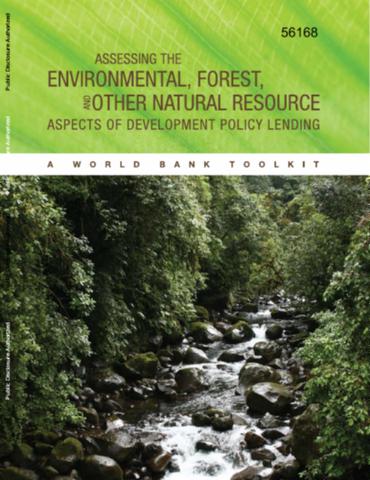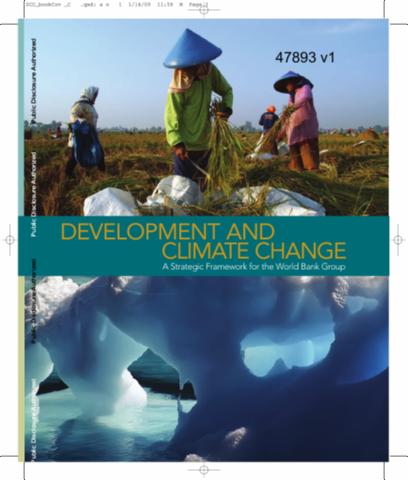impact of land-use change on larval insect communities: Testing the role of habitat elements in conservation
Conservationists have proposed that maintaining key elements of the original land-cover type in modified landscapes may mitigate the detrimental effects of land-cover change on residual species. We tested this hypothesis for aquatic insect communities in tank-forming bromeliads in forested and non-forested habitats in Costa Rica.





